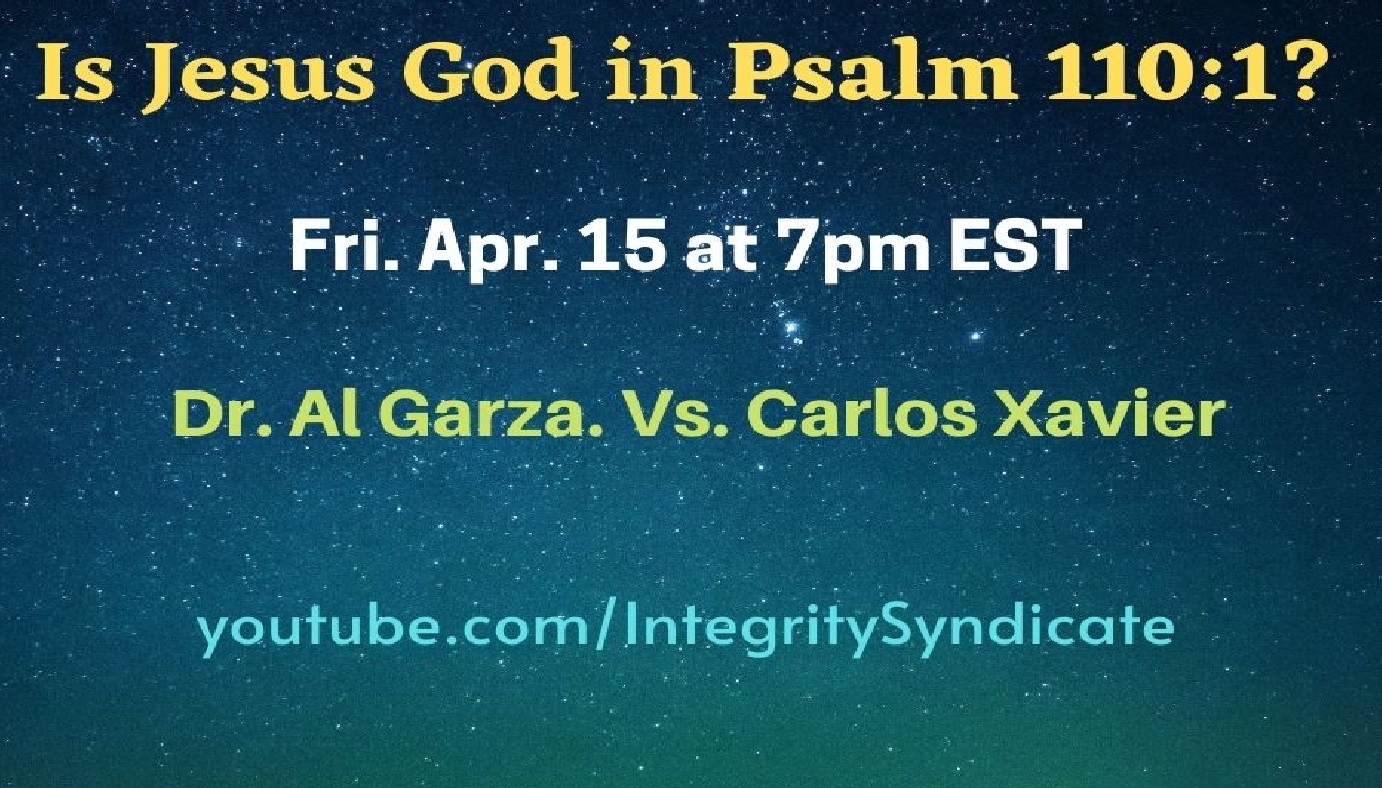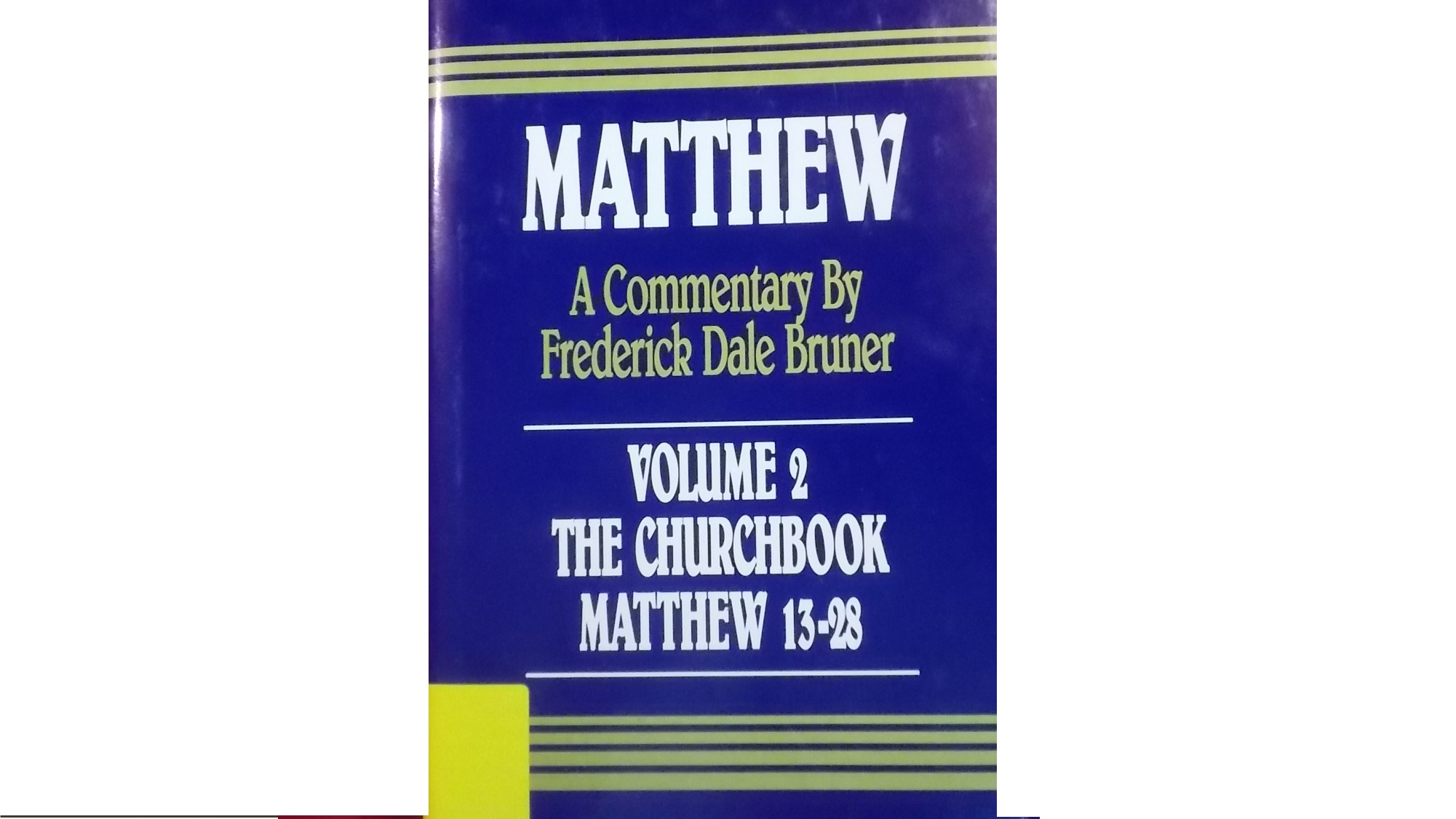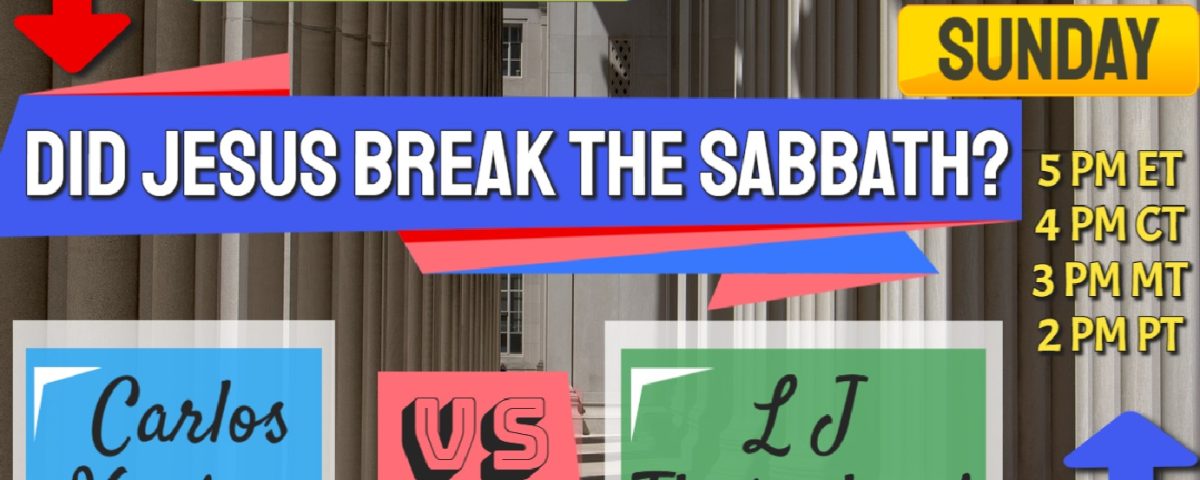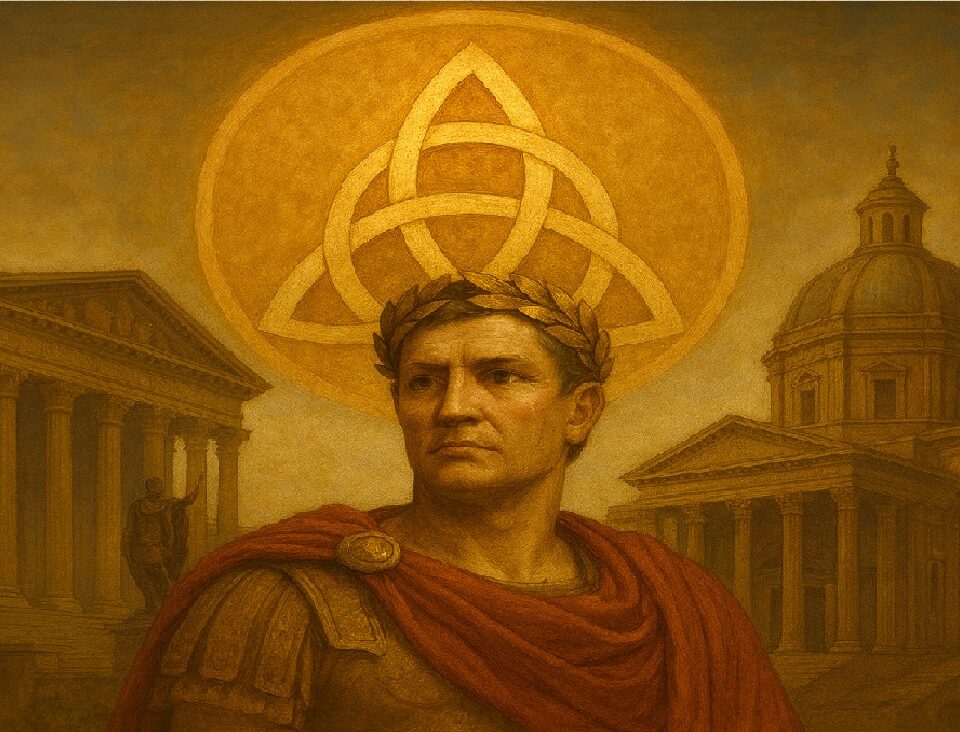
Is Jesus God in Ps 110:1? Debate open
May 15, 2022
Commentary on Psalm 110:1
June 15, 2022Did Jesus Break the Sabbath? Debate open

First, note that throughout the Gospel of John Jesus repeatedly claims to be the Messiah, i.e., the prophet God had told Moses about back in Deut 18.18-19.
- NOTE: he was to be a prophet like Moses and not a repeat Moses.
The prophecy explains why Jesus, in John 5:17, doubles down on the Jewish charge of breaking the Sabbath by saying:
“To this very day [i.e., the Sabbath day in question] My Father is at His work, and I too am working.”
Again, Jesus stood there on the Sabbath day and declared that he was “working” on that Saturday!
John rightly concludes:
“For this reason they [the Jews] tried all the more to kill” Jesus because he was “breaking the Sabbath”!
As a result, Jesus was “making himself equal with God,” i.e., Jesus was putting himself on par with God when it came to the Sabbath law.
The NET Bible on v 18 notes that:
In claiming the right to work even as his Father worked, Jesus was claiming a divine prerogative (I.e., authority) as 5:18 goes on to state explicitly for the benefit of the reader who might not have made the connection.”
So “making himself equal with God” has nothing to do with some metaphysical statement regarding the nature or being of Jesus or God.
John’s simple, yet profound point, has to do with Jesus “working on the Sabbath” (as Jesus himself admits) and as a result “breaking the Sabbath” (as John himself was witness to).
In Matthew 12:5 Jesus says his followers, like David and his friends and the Temple priests, “break the Sabbath and yet are innocent.”
The Expositors Bible Commentary says the disciples’ “innocence was not established on their being hungry but on the ground that something greater than the temple was present.” quoting Mat 12.6
And similar to John 5 Jesus goes on to say to those Jewish critics:
Mat 12:7 You would not have condemned my innocent disciples if you knew the meaning of this Scripture: ‘I want you to show mercy, not offer sacrifices.’
8 For the Son of Man is Lord, even over the Sabbath!’
That means Jesus, the Messiah, the prophet greater than Moses, has now been given the unique authority to be master over the Sabbath.
Again, just as Jesus is greater than the Temple (Mat 12.6), greater than Solomon (Mat 12.42), even greater than Moses himself (Heb 3.3), Jesus is now made greater than the Sabbath day!
Similar to the followers of Jesus breaking the Sabbath yet are innocent, so was Jesus completely innocent of any lawbreaking.
Let me be clear, Jesus himself never sinned, he was not a sinner!
Paul says “Christ was without sin,” 2Cor 5.21.
Likewise Peter, “Christ did not sin or ever tell a lie,” 1 Pet 2.22
The Gospels present Jesus and his followers operating under a different law, part of a different covenant (as foretold by OT prophets like Jeremiah).
In other words, they were not lawbreakers, sinners because they were not operating according to that OC Law of Moses.
And unlike the Law of Moses the Law of Christ now offered the freedom to either rest or work on any given Saturday, i.e., the Jewish Sabbath day.
Again, as the prophet foretold by Deut 18 Jesus was also the mediator of a new law “for he is the one who mediates for us a far better covenant with God, based on better promises.” (Heb 8.6).
For when the priesthood is changed, of necessity also a change in the Law must take place. Heb 7.12
On this verse The IVP NT Commentary says:
The Hebrews writers’ “argument is that if the priesthood of Jesus has now replaced that of Levi, then the law of Moses must also be replaced because it is the natural accompaniment of the Levitical priesthood.
Sacrifices and offerings would no longer be useful for covering sins, and the law which awakened sin must pass as well.
It is a powerful declaration which would arouse immediate antagonism among certain Jews, as indeed history has shown.
He further indicates Jesus’ priesthood as being different from the Aaronic in that those priests all belonged to the tribe of Levi while Jesus came from the tribe of Judah.
Since Moses said nothing about that tribe serving as priests, it is plain that the present priesthood of Jesus does not rest on Moses or his law.”
OT prophets like Jeremiah had already foretold that this new law, along with the new covenant it represents, would not be the same as the one God had made at Sinai (Jer 31:32a).
This is why now for the NT writers Jesus “was found worthy of greater honor than Moses” (Heb 3.3).
And just as God made Jesus High Priest from the womb (Ps 110.3-4), not by a law of physical descent, i.e., the Law of Moses (Heb 7.16; cp. Heb 8.4);
likewise God made Jesus the Messiah from the womb (Luke 2.11), i.e., Israel’s new lawgiver king.
Summary
The New Covenant or New Testament Christianity is based on the teaching and practice of Jesus.
But if Jesus continued to observe the Old Covenant Law he was born and raised under (like keeping the Sabbath) then Christ is useless to you, as Paul later warns in Gal 5.
Because if any Christian tries to be made right by the Law of Moses and not by the Law of Jesus, you automatically cut yourself off from Christ, and as a result put yourself outside God’s grace!
Instead, Christians are now under the Law of Messiah and not the Law of Moses!
Paul, a former zealous Torah-keeping Pharisee himself, was the first to fully understand this when he says in 1Cor 9:
19 Although I am free from all and not anyone’s slave, I have made myself a slave to everyone, in order to wina more people.
20 To the Jews I became like a Jew, to win Jews; to those under the law, like one under the law — though I myself am not under the law — to win those under the law.
21 To those who are without the law,a like one without the law — though I am not without God’s law but under the law of Christ — to win those without the law.
NOTE that for Paul the Law of Moses is not the same as the law of Messiah, i.e., God’s Law.
I’ll leave you with this final thought:
If Jesus kept the Sabbath it would’ve meant that Jesus was under the Law of Moses, i.e., the authority of Moses; which would have made Moses greater than Jesus!

